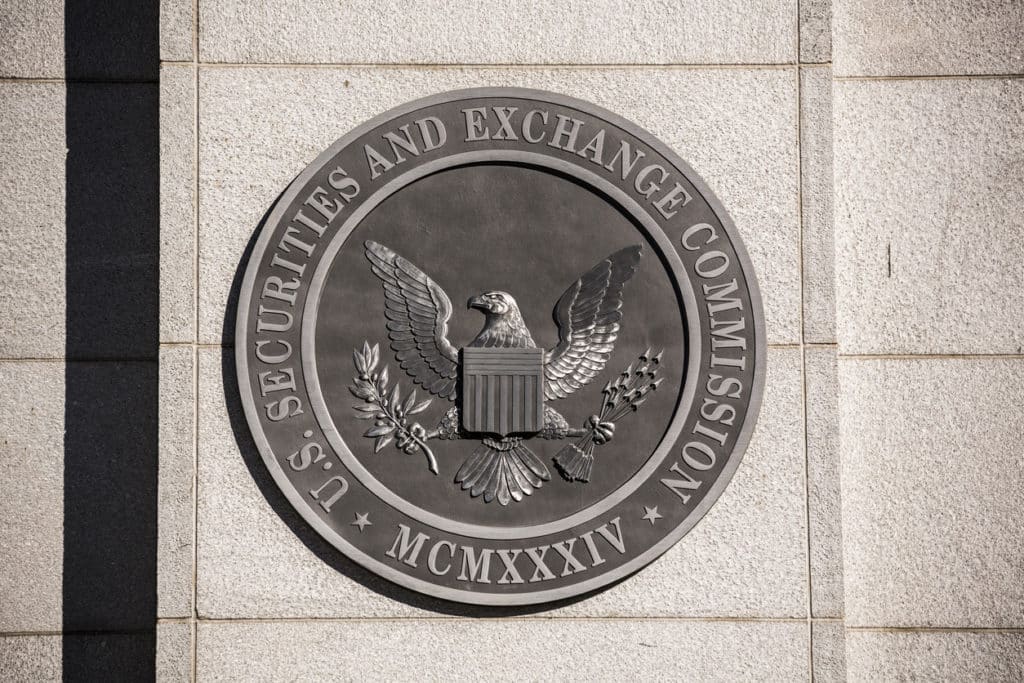According to Allison Herren Lee, former Commissioner of the U.S. Securities and Exchange Commission (SEC), the SEC Whistleblower Reform Act of 2023 “will help ensure that the SEC Whistleblower Program remains an indispensable tool in the Commission’s efforts to police wrongdoing and protect investors.”
Lee, currently Of Counsel at the whistleblower law firm Kohn, Kohn & Colapinto, calls for the passage of the bill in a new piece “The Bipartisan SEC Whistleblower Reform Bill: Building on Success” published by Harvard Law School Forum on Corporate Governance.
On March 15, Senators Chuck Grassley (R-IA) and Elizabeth Warren (D-MA) introduced the SEC Whistleblower Reform Act of 2023 in order to further strengthen the highly successful SEC Whistleblower Program. The bill bolsters the Dodd-Frank Act’s anti-retaliation protections and ensures that the agency processes award claims in a more timely manner.
“The SEC Whistleblower Reform Act reflects a bipartisan consensus that a strong whistleblower program benefits investors, companies and the public,” writes Lee in her piece. “The program has helped uncover — and remediate – serious and costly frauds that might never have otherwise come to light. Having worked in law enforcement for over a decade, and then as an SEC Commissioner helping to oversee the SEC’s Office of the Whistleblower, I know firsthand the value of continued investment in this highly successful program. I hope Congress will act quickly to pass this important legislation.
The bill aims to ensure the prompt payment of whistleblower awards by setting mandatory deadlines for the SEC to issue award determinations. In general, the bill would require that the SEC issues a determination no later than “the date that is 1 year after the deadline established by the Commission, by rule, for the whistleblower to file the award claim” or “the date that is 1 year after the final resolution of all litigation, including any appeals, concerning the covered action or related action.”
The bill also extends anti-retaliation protections to whistleblowers who report misconduct internally to supervisors. Currently, as ruled by the Supreme Court in Digital Realty Trust, Inc. v. Somers, protections only apply when a whistleblower contacts the SEC or other select officials. The bill also clarifies that whistleblowers cannot waive their rights through a predispute arbitration agreement.
Established by the Dodd-Frank Act in 2010, the SEC Whistleblower Program has become the gold standard of whistleblower award programs. The program has allowed the agency to collect over $6.3 billion from fraudsters and return over $1.5 billion to harmed investors. Overall, the SEC has awarded over $1.3 billion to over 300 whistleblowers.
“Whistleblowers bring sunshine to the corners of our government and the private sector where waste, fraud and abuse are taking place in the shadows,” said Senator Grassley when introducing the bill. “The American people have whistleblowers to thank for recovering billions of valuable taxpayer dollars. I’m proud to once again lead this push for greater government accountability by protecting the whistleblower process at the SEC.”
Further Reading:
The Bipartisan SEC Whistleblower Reform Bill: Building on Success
Senators Introduce Bipartisan Bill to Strengthen SEC Whistleblower Program
